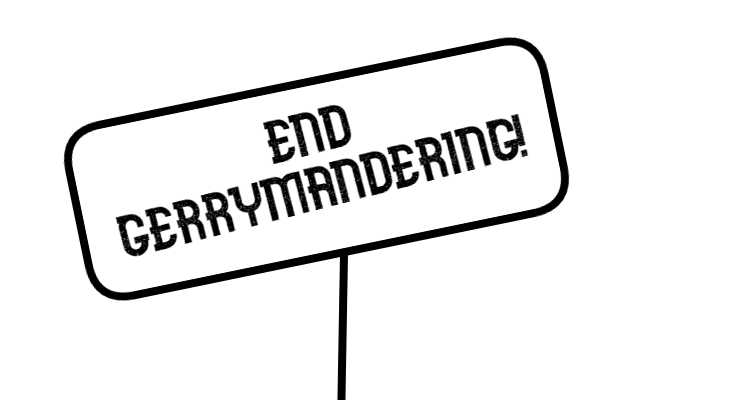 Because I am a write-in candidate for Indiana Secretary of State, Common Cause asked me to complete its questionnaire. Common Cause pushes for many different types of reforms to increase democratic strength and reduce the influence of special interest money and bribes in politics.
Because I am a write-in candidate for Indiana Secretary of State, Common Cause asked me to complete its questionnaire. Common Cause pushes for many different types of reforms to increase democratic strength and reduce the influence of special interest money and bribes in politics.
One area of reform Common Cause supports is reducing or ending gerrymandering. States have historically used the size, shape, and location of political districts to ensure political success by the party in power. Gerrymanders have the purpose of making some voters more powerful than others.
I am against gerrymandering and want to see every instance of it abolished so Americans have more equality and power when they vote.
If a state has 100 house members, for instance, the districts can be created based not on the location of precincts, but a statewide voter roll division. At each Census, the entire voter roll should be divided into 100 “districts” by assigning voters a district alphabetically rather than with reference to any physical location. Until the next Census, that voter has that district. If new voters are added, they should be assigned the next available district in order of voter registration by time and date.
Such statewide districts will even out the influence of urban and rural voters and make everyone equal with regard to this aspect of elections and power over government. Since state legislators have power over the whole state in making laws, the entire state should have a say in their election. This also holds for federal offices with districts. U.S. representatives have the right to run in any district in the state where they live, so why not allow voters to elect them statewide with statewide districts assigned in order of the voter rolls?
Democracy in the Court
I also believe appellate judges in Indiana should be elected in contested elections every 5 years. All of the most important positions in the judicial branch should have greater democratic input. Thus, those in control of attorney discipline or judge discipline should be elected and have statewide districts like legislators.
My woes and pain from being subjected to court discrimination in Indiana are largely the result of partisan governors choosing judges and justices with no input from the public at all. The more the clean waters of the voter roll can influence judges, the better. It is for this reason that juries are so important in the constitutional framework. Guess where juries come from: the voter rolls. We must make more use of the voter rolls and allow the good faith and good will of the public to control government and limit it.
I would advance these principles to the federal level as well, with less insulated appointment powers and more influence of the voters. I would have a national election for U.S. Supreme Court with short term limits, for instance, instead of political appointments. Each circuit should also be electing circuit judges. No judge should be able to say no to an appeal without actually deciding that appeal on the merits. If judges are going to have power over our rights, we the People must have power over them. Elections are the way. Clean elections require killing the Gerrymander.
Adrian Tawfik says
I agree with many of your proposals and I think a more democratic judiciary is a great idea. Nice work!